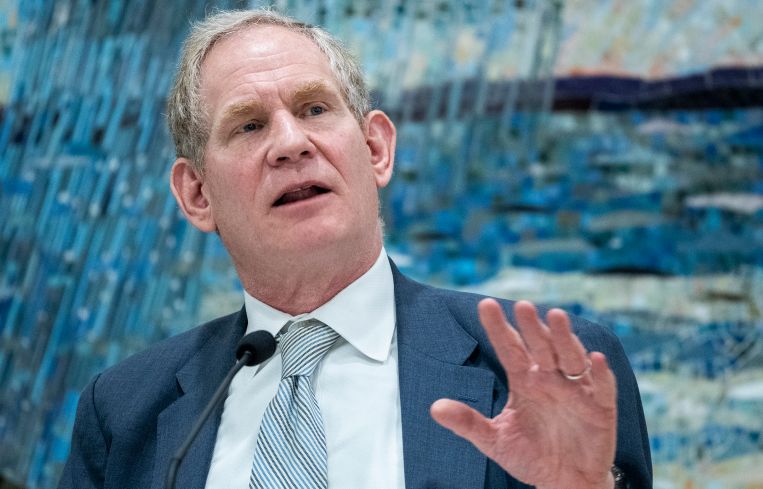MTA Secures $1.3B Contract to Bore Tunnels for Second Avenue Subway Extension
By Mark Hallum August 18, 2025 1:27 pm
reprints
The Metropolitan Transportation Authority has locked in contractors for major aspects of the second phase of the Second Avenue Subway, which came with significant cost savings.
The MTA board on Monday approved an approximately $2 billion tunnel boring contract with Connect Plus Partners, a joint venture between Halmar International and FCC Construction, which will remove the necessary material to build three new stations, and upgrade existing tunnels built over the decades since the subway route was first proposed.
The MTA says it secured about $1.3 billion in savings and the project will be completed in 10 percent less time than the first phase of the project, which extended the Q train to East 96th Street and was completed in 2017.
“What you heard today is that unprecedented steps have been taken to make sure that the things that slowed down phase one do not slow down phase two,” MTA Chairman Janno Lieber said during the post-board meeting press conference. “To start with, the contractor has incredible incentives in this contract and a lot of penalties to make sure that they stay on schedule, not just at the end, but at all of the major milestones along the way.”
Some of the roadblocks in the first phase that have been ironed out this time around include better knowledge of below-ground conditions such as existing utilities and geological features, plus the fact that the boring machines available will be able to grind through both bedrock and soft ground.
Various real estate issues have also been smoothed over for phase two, with the MTA already progressing on the eminent domain of buildings currently located on the sites of future subway stations
“It’s a handful of properties that haven’t been acquired, and then there are a set of easements that we require and agreements to underpin property or put vibration monitoring on it,” Jamie Torres-Springer, president of MTA Construction & Development, said. “The way I summarize it is, it’s not in the way of any of this work getting done.”
The MTA also filed a Uniform Land Use Review Process application in May with the New York City Council to build 684 units of housing at Lexington Avenue and East 125th Street, near the future terminus of the Q train.
Heavy civil construction is scheduled to begin in early 2026, and the tunnel boring, which will be done at a pace of 35 to 40 feet per day and range in depth from 35 to 120 feet below Second Avenue, will begin in 2027.
Completion is set for September 2032.
Mark Hallum can be reached at mhallum@commercialobserver.com.



